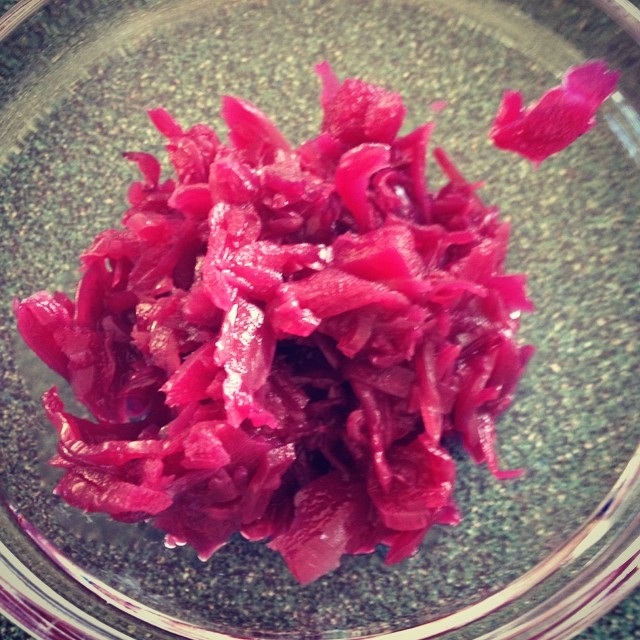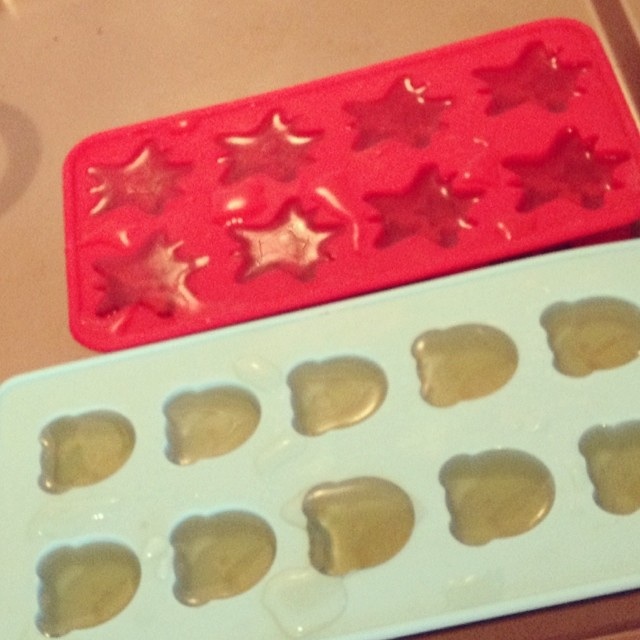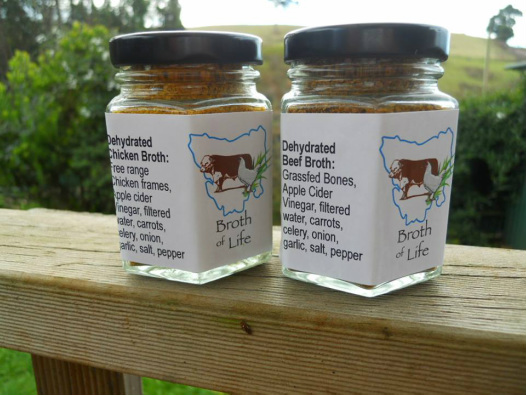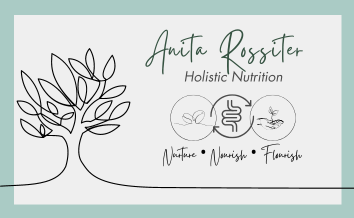|
The gut barrier – our defence force One of the most important functions of the gut lining is to keep foreign substances from entering our body. Our gut lining is an extension of our skin and it regulates what is allowed to pass into our body. When the tight junctions in the gut (which are responsible for controlling what passes through the lining of the small intestine into the bloodstream) are not working properly, substances such as viruses, bacteria, undigested food and proteins are able to pass through the gut lining into the bloodstream. You may be familiar with the term “leaky gut”. When these proteins and foreign substances enter the bloodstream, the body mounts an immune response and attacks them. These attacks play a role in the development of autoimmune disease such as Type 1 Diabetes, Hashimoto’s thyroiditis, rheumatoid arthritis, psoriasis, coeliac disease to name a few. It has been shown in a number of studies now that the integrity of the intestinal barrier is a major factor in autoimmune disease. The intestinal barrier also determines whether we tolerate or react to toxic substances we ingest from the environment such as chemicals in food both natural (salicylates) and foriegn, gluten, BPA, and environmental toxins. So bearing this in mind, having a leaky gut does not always present as gut symptoms. It can manifest as eczema, psoriasis, heart failure, autoimmune diseases, mental illness, autism, depression, food sensitivities just to name a few. There are many causes of leaky gut including:
The gut flora – all our beautiful bugs…. We are more bug than we are human. Our gut contains approximately 100 000 000 000 000 (100 trillion) microorganisms. This is 10 times more bacteria than all the human cells in the human body. These bacteria have a far greater genetic potential than the human genome itself with about 150 times the number of genes in these bugs than the number of human genes. The genes and metabolism of the bacteria are involved in carbohydrate metabolism, energy metabolism, short chain fatty acid storage and synthesis, amino acid metabolism, metabolism of cofactors and vitamins so an imbalance in these bacteria can have a dramatic impact on the way in which we utilise our food. So this means that the type of bacteria we have in our body and the activity of these bacteria can have a tremendous impact on our health. The gut microbiota has been directly implicated as an underlying cause in a number of disorders including obesity, type 2 diabetes, cardiovascular disease, atopic syndrome, inflammatory bowel disease and colorectal cancer. (Genome Medicine, 2011;3:14) It has also been linked to depression, autism, autoimmune conditions like Hashimoto’s and type 1 diabetes. We are only just beginning to understand the extent of the importance of these bacteria. The gut flora also promotes normal gastrointestinal function, it provides protection from infection, regulates metabolism and it makes up more than 75% of our immune system. So why may our gut flora be unhealthy? There are so many components of our modern lifestyle which are directly contributing to the disruption to our gut bugs:
Each time we take a course of antibiotics, there is a profound and rapid loss of diversity and the composition of the microbiota shifts. This diversity is not recovered after antibiotics without intervention (probiotics). We know that one of the major differences between breast-fed and formula-fed infants is the development of the intestinal flora and the difference in intestinal flora contributes to the increase in gastrointestinal infections, obesity, depression, allergies and eczema seen in non-breast-fed children and adults. (Journal of Paediatric Gastroenterology and Nutrition, 2000;30:1(61-67).
Who else knows someone who simply changed over to a “real food” diet, lost some weight and lived healthily ever after? I’m in awe of these guys! They often have no history of great illness maybe a few infections in their life, possibly lived with the low-fat dogma and suffered the consequences of the modern diet mainly seen as a scales shift. They are the people also described as the “overweight healthies”. They thrive almost immediately with the change. Then there are others who have cleaned up their diet, maybe did an elimination diet due to some suspicious food reactions, lost weight, gained health but still struggled to reach optimal health. These people make the changes after perhaps an autoimmune disease diagnosis, allergies or other chronic illness. They show tremendous improvement initially with the diet change however they just don’t fire fully on all cylinders. I fall into this category. After losing over 30kg, going into remission from all signs and symptoms of type 2 diabetes and eating a nutrient dense, low inflammatory diet, 18 months down the track I noticed that I my fasting blood sugar readings were up (despite eating low carb and no sugar), I had mood swings and I just couldn't get on top of it with rest and food. So what on earth was going on? It made me question, look around at others and launch into full research mode… it didn't matter which rabbit hole I fell down, which type of condition I looked at whether it was thyroid disease, diabetes, autism, depression, rheumatoid arthritis, allergies, chronic toxin exposure and even genetic conditions leading to nutrient malabsorption such as pyroluria, each path led me to the same place. I should have just listened to the wise words of Hippocrates who said more than 2000 years ago “All disease begins in the gut”. We can be eating the healthiest organic foods but without an optimally functioning gut, we can never be truly healthy. Research is emerging daily to support what has been believed for centuries that the gut is responsible for so much more than merely digestion. Supporting intestinal health and restoring the integrity of the gut barrier is emerging as one of the most important goals of medicine in the 21st Century. There are two main components which determine our gut health: the intestinal micro-biota (gut flora or the bugs in our gut), and the gut barrier (the lining of the intestinal walls). For more info or to order dehydrated organic beef or chicken broth online, head over to www.brothoflife.com.au
1 Comment
Exposure to the group of chemicals that are known as persistent organic pollutants (POPs) increases the risk of diabetes by up to 37 fold. (Diabetes Care, 2006;29:1638-1644)
Obesity - which can be as a result to a disruption in the endocrine system, cancer, cardiovascular disease, chronic fatigue syndrome, autism, autoimmunity and depression are just a few of the other outcomes from exposure. These chemicals include pesticides, herbicides, plasticisers and other industrial chemicals. You may not think you are in contact with these chemicals but just looking around they are everywhere.... our plastic drinking bottles, perfumes, skincare products, new cars, new carpets, sprayed vegetables, our children's toys. We live in a "plastic world" so this is very hard to avoid but certainly worth thinking about how best to limit our exposure. I have attached a chemical summary sheet released by the US EPA describing the toxicity and exposure effects of pthalates on children's health. http://www.epa.gov/teach/chem_summ/phthalates_summary.pdf |
Anita RossiterHolistic Nutritionist. Categories
All
Archives
April 2019
|








 RSS Feed
RSS Feed